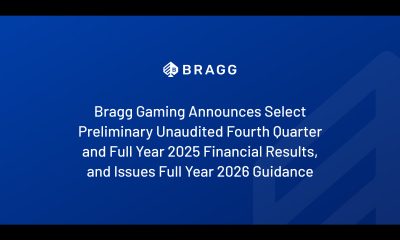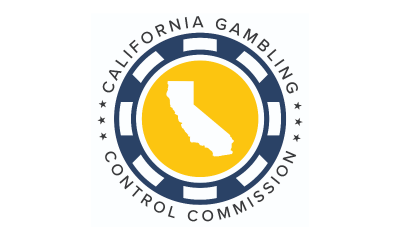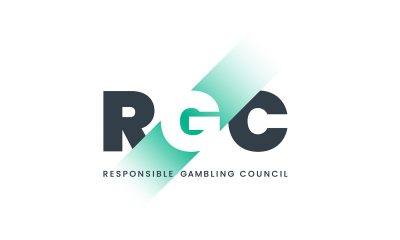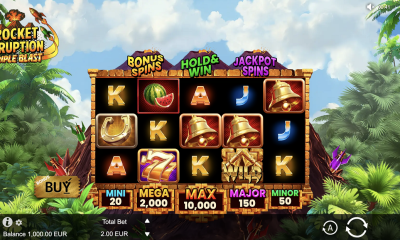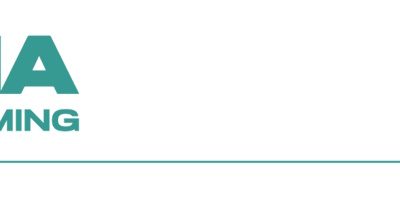Industry News
LeoVegas: A myth-enshrouded industry

The gambling industry is a bit myth-enshrouded, including by a number of falsehoods about it. Below we explain a few of the things that are often questioned or unknown in an area intended to provide entertainment and relaxation for many people. In Sweden alone, hundreds of thousands of people play games every week.
A young company with Swedish roots
Many people do not know that LeoVegas was established in 2011 in Sweden by two individuals, that the Parent Company is Swedish, and that LeoVegas has a gambling licence that is regulated by the Swedish Gambling Authority. LeoVegas is also regulated in several other countries, which entails continuous oversight by licensing bodies and authorities. This is just like many other regulated industries, such as banking and telecom.
Who owns LeoVegas?
LeoVegas’ stock is listed on Nasdaq Stockholm, and roughly 85% is owned by Swedish shareholders, including mutual funds, insurance companies and more than 15,000 private investors (as per 1 January 2020).
Can anyone play as much as they want?
LeoVegas puts strong emphasis on ensuring that players have the financial means to support their gaming, and that players do not exhibit unsound gaming behaviour or signs of such a tendency. Many control mechanisms are in place, including algorithms that monitor gaming behaviour, personal contacts, and tools that players themselves can use, for example, to regulate the amount of time they spend playing and set amount limits.
How young can you be to play?
LeoVegas has an age limit, and you must be 18 to play.
What does a person need to do to limit their gaming?
LeoVegas offers various options for players to limit their gaming. LeoSafePlay, which is LeoVegas’ proprietary tool for responsible gaming, is one way. The website Spelpaus.se is another means, whereby players can limit their gaming with all gambling companies that have a licence to conduct gambling for money in Sweden. Players can also block themselves from playing and from direct marketing for one, three or six months, or until further notice. Other markets have similar self-blocking systems, such as Rofus in Denmark and GamStop in the UK.
Do the same rules apply for all gambling companies?
In licensed markets, all operators work under the same rules, which is important for consumer protection, among other things. Unfortunately, every regulated market has a black market, entailing gaming outside of the licence system. For example, in Sweden players can play with unlicensed gambling companies, which to not abide by the Swedish rules. These companies do not pay any gambling taxes, and the blocking mechanisms provided by Spelpaus.se do not work. There is no oversight of these companies, and there is a large risk that they are used for money laundering.
How much is the gambling tax?
Most countries have a gambling tax. In Sweden, revenue from gambling tax amounted to an estimated SEK 3.6 bn in 2019. This is tax revenue that was previously excluded from the national treasury. This amount corresponds to the costs (salaries and related payroll costs) for 5,100 nurses per year, or roughly twice the budget of the Swedish Security Service.
How much does LeoVegas play in gambling taxes?
The gambling tax rate varies from country to country. In Sweden it is 18%, while in the UK it is 21%. In total LeoVegas paid EUR 49.7 m in gambling taxes in 2019 (corresponding to SEK 525 m). In Sweden LeoVegas paid SEK 153 m in gambling taxes in 2019.
How much are the winnings at LeoVegas? How large is LeoVegas share of winnings?
For every krona in wagers with LeoVegas, 93%-98% goes back to players in winnings. This can be compared with other popular games in Sweden, such as V75 (pari-mutuel horse racing), where 65% of wagers go to winnings, or Triss (scratch lotteries), where only 49% of players’ wagers are returned in winnings. In general, the state-controlled operators in the various countries offer a considerably lower share of winnings to players than what LeoVegas and other commercial operators offer.
Why does LeoVegas have operations in Malta?
The island nation of Malta, which borders to Sicily and the rest of Italy, is a republic with a population of just under 500,000 and a member of the EU. Historically, gambling in many European countries has been run as a state monopoly, including Sweden until 2019. Malta was out early in offering a European gambling licence, under which gambling companies could offer their services to countries within the EU entirely legally. This was the starting shot and the main reason why many companies chose to establish themselves in Malta, including LeoVegas. Apart from this, the sunny climate and Mediterranean Sea attracts many to work on the island, which facilitates recruiting. Malta is the prime hub for gaming in Europe, and a number of large European gambling companies are domiciled in Malta.
How many people work for LeoVegas?
LeoVegas has approximately 800 employees from nearly 60 countries (including more than 400 in Malta and just under 200 in Sweden). The company has extensive breadth in its employees’ expertise, including 250 IT specialists, gaming developers and product specialists, 40 lawyers, five specialists in artificial intelligence, 20 designers, 80 people who work with marketing, 50 HR specialists, 35 economists and 150 customer service representatives. A total of some 70 people work with compliance and responsible gaming. LeoVegas is constantly searching for additional talent.
How many customers does LeoVegas have?
LeoVegas has roughly 500,000 active customers, and during a given month LeoVegas handles more than 1.2 billion gaming transactions.
What does LeoVegas provide for players and for society?
With ease of accessibility LeoVegas provides a moment of relaxation and entertainment for everyone (18 years and older). People have played games through the ages – even when the Great Wall of China was built, parts of it were financed by lotteries.
LeoVegas contributes large amounts to countries’ treasuries as a taxpayer through gambling taxes, income taxes, employer payroll taxes and other taxes.
LeoVegas is part of the Swedish IT wonder. The company employs highly educated people in programming, technology, search engine optimisation and artificial intelligence. It offers attractive jobs at numerous offices, including in Malta, where 412 work, and in Sweden, where LeoVegas has 182 employees in Stockholm, Västerås and Växjö.
What is LeoVegas doing to address players who exhibit an unsound relationship to their gaming?
Advocating for sound gaming and being vigilant about where gaming wagers come from have top priority. The part of our operations that addresses customers’ gaming is called responsible gaming.
The part of operations that is working to counter money laundering is called Anti-Money Laundering (AML). Put simply, money laundering refers to an operation where black money, i.e., money that has been obtained illegally, is used in a way that it appears to be legally originated or can be used for private consumption without raising suspicions. Black money can be, for example, money that has been received legally, in private or through business, but which has avoided taxation, or money that has originated from criminal activity, such as smuggling, drug trafficking or theft. Today the concept of money laundering also refers to legally or illegally obtained money that is used to finance terrorism.
Following is a description of a few areas in which LeoVegas is working on this issue:
- Responsible gaming
- LeoSafePlay
- Anti-Money Laundering (AML)
Responsible gaming
The responsible gaming department receives information on a continuous basis from all departments that have customer contact, such as customer support, the risk department, the fraud and payments departments, and so on. They review customer accounts to determine if there is a need to contact individuals based on their gaming behaviour and also based on customers’ correspondence with LeoVegas. The company also conducts proactive reviews of customer behaviours and trends in customers’ transactions to be able to identify a need to act. Following a thorough analysis, a decision is made on any measures to be taken. This may be in the form of an email, phone call, or offering education and/or information on unsound gaming. LeoVegas also has a dedicated website, separate from the Group’s gaming website, called LeoSafePlay. Here customers can find additional information about responsible gaming and tools to help individuals who may have a potential problems. LeoSafePlay is also targeted at family members or relatives of persons who exhibit unsound gaming behaviour.
LeoSafePlay
LeoSafePlay is the name of LeoVegas’ platform and work approach for responsible gaming. It incorporates everything from technology and technical solutions to the daily work in the operating activities with this issue. LeoSafePlay also includes the website LeoSafePlay.com, where players themselves can assess their gaming profiles and set time limits and wagering limits for their gaming, among other things. The website is a source of all information surrounding the company’s work with responsible gaming. One of the most important technical solutions used by LeoSafePlay is built upon extensive data analytics to proactively create a long-term relationship with customers and promote responsible gaming.
Central self-exclusion system
On the external website Spelpaus.se, individuals can block themselves from all gambling and from direct marketing during a self-chosen period. Unfortunately, the site does not cover unlicensed companies that operate and advertise in Sweden. This represents more than SEK 700 m in lost revenue to the country’s treasury.
Anti-Money Laundering (AML)
LeoVegas’ Anti-Money Laundering (AML) department works closely with the customer support and compliance departments to ensure full compliance with regulatory requirements and LeoVegas’ policies and routines. This is done by applying a risk-based approach employing system-generated warnings, transaction monitoring algorithms and specialist-trained employees augmented by mandatory training for all employees in the organisation. Identification of fraudulent behaviour helps reduce risks that the company may be exposed to daily. AML risk assessment has high priority and is initiated as soon as a customer registers with LeoVegas.
FACTS ABOUT THE SWEDISH MARKET
How many companies have gambling licences in Sweden?
After the new Gambling Act (Spellag (2018:1138)) came into force on 1 January 2019, 96 companies are now licensed in Sweden (as per 5 March 2020).
How much money do swedes spend on gaming?
Customers in Sweden (18 and older) spend an average of SEK 173 per month with operators licensed in Sweden, net, i.e., after paid winnings. Added to this is gaming with operators without licences, amounting to an estimated SEK 70 per month. (By gaming is meant gaming for money, i.e., where the chance of winning to various degrees is based on odds. Source: Swedish Gambling Authority2018 https://www.spelinspektionen.se/om-oss/statistik/).
What portion of the Swedish population plays games?
Sixty per cent of all Swedes say that they have played for money during the last 12 months. Of those who play, 33% play once a week, and 58% play once a month. Lotteries and pari-mutuel horse racing are the most common forms of gaming/betting. Seventy-five per cent of those who have played games have bought lottery tickets, 38% have bet on horses, and 5% have played casino games. Number games, such as Lotto, account for 50%, and sports betting, such as Oddset, account for 21%. (In this compilation, players may have played more than one type of game, which is why the sum is greater than 100%.) The gender breakdown for gaming is even.
Powered by WPeMatico
Adam Lewis Chief Executive Officer at AxiumAI
AxiumAI taps ex-Entain leader Claire Painting to lead customer experience as CXO
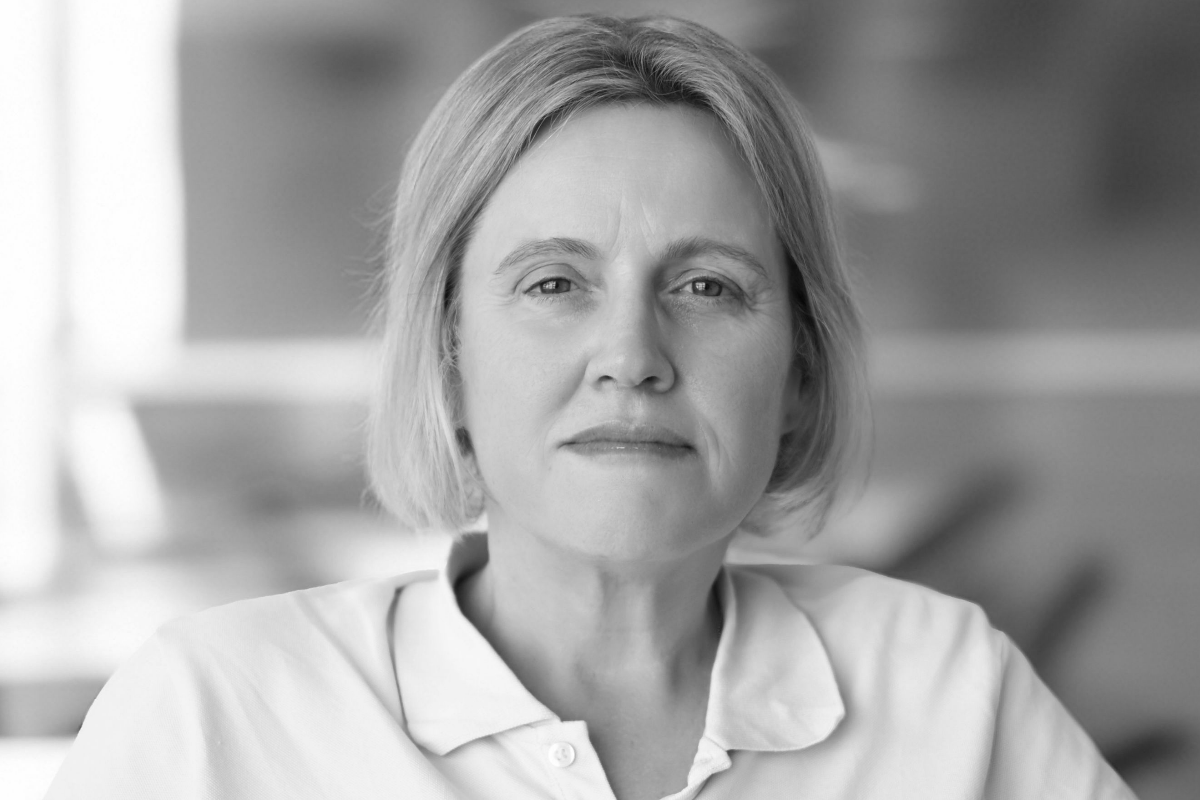
Extensively experienced Painting collaborates to develop experience strategy as AI revolutionizes sportsbook interaction.
AxiumAI, a frontrunner in AI-powered autonomous player engagement, has announced the appointment of Claire Painting as Chief Experience Officer (CXO), enhancing the company’s leadership team as operators transition to AI-enhanced player engagement.
Recognised for uniting marketing, product, UX, and technology teams to create seamless, consumer-focused experiences at scale, Painting will play a key role in aiding AxiumAI’s ongoing growth and future vision as the provider enhances its AI-driven engagement platform for global operators.
Painting brings over 20 years of experience in the international sports betting and gaming sector to AxiumAI. Most recently, she worked as the Director of Player Experience at Entain, where she managed a worldwide cross-functional team of more than 100 experts located in the UK, Gibraltar, Vienna, Hyderabad, and Manila.
While at Entain, she defined and executed the player experience strategy for the operator group’s global range of brands. This encompassed supervision of essential processes like registration, payments, account management, compliance, promotions, and gamification, along with the creation of worldwide UX/UI design systems and frameworks for measuring customer experience.
The appointment strengthens AxiumAI’s leadership as the company enhances its autonomous player engagement abilities and aids operators in providing real-time, personalized 1:1 player experiences.
Claire Painting, Chief Experience Officer at AxiumAI, said: “The future of player experience will be defined by technology that understands context, adapts in real-time and delivers meaningful interaction at scale. AxiumAI is building that capability, and I am excited to help shape autonomous engagement that will inspire players and drive step-change growth for operators.”
Adam Lewis, Chief Executive Officer at AxiumAI, added: “Claire brings exceptional expertise in player engagement across marketing, product and customer experience. Combined with her ability to connect teams and technology around the player, she is uniquely positioned to lead this area at AxiumAI. She will play a key role as we continue to build intelligent, customer-led solutions for operators globally.”
The post AxiumAI taps ex-Entain leader Claire Painting to lead customer experience as CXO appeared first on Eastern European Gaming | Global iGaming & Tech Intelligence Hub.
BetBlocker
New Turkish-language tool from BetBlocker extends service to 90 million additional people
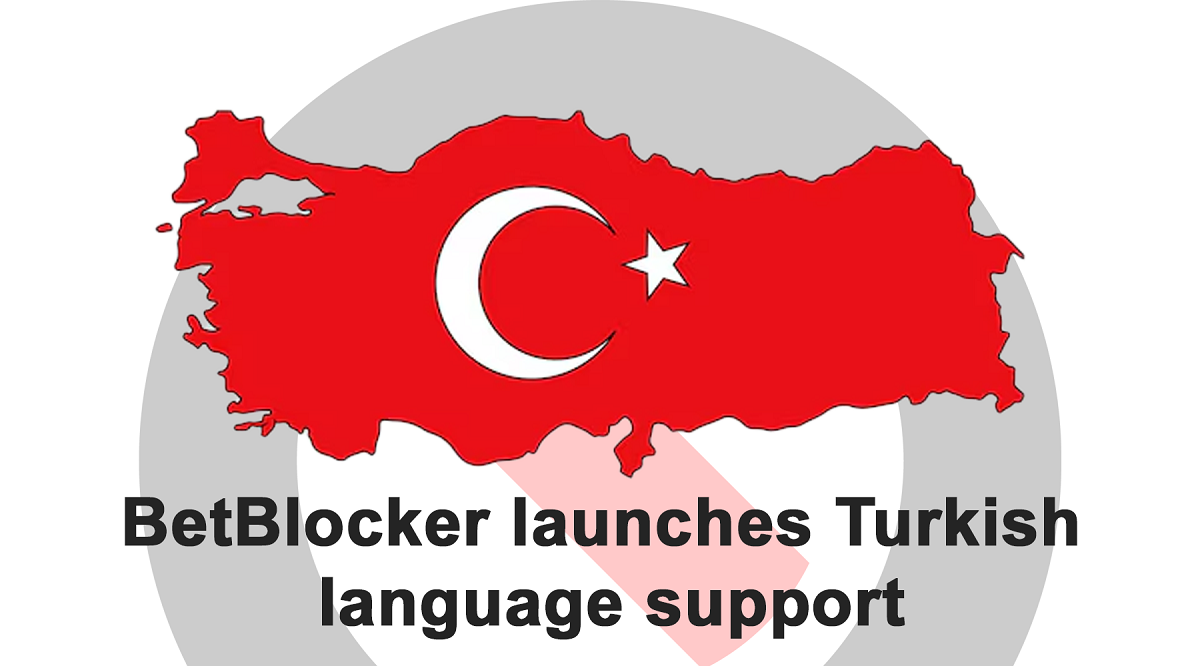
Gambling harm prevention charity BetBlocker today reveals the extension of their award-winning assistance into Turkish.
In 2025, BetBlocker saw a tremendous increase in support, with more than three hundred thousand individual users initiating a block throughout the year. This significant level of engagement has been made possible by the diverse array of languages into which the charity has translated its assistance.
Yesilay, the main Turkish support service, reports that requests for help with gambling are now surpassing those for alcohol, drugs, or tobacco, alongside significant uptake and harm among youth, making the launch of Turkish language support timely and relevant.
Founder and Trustee for BetBlocker, Duncan Garvie, offered these comments: “BetBlocker is genuinely excited to roll out our second language expansion of 2026.
We’ve experienced phenomenal uptake of the service over the last 12 months and figures hare steadily rising. One of the biggest drivers of that growth has been improving the accessibility of our support by meeting users where they are and offering support in the language that they’re most comfortable accessing in.
Alongside Turkey itself, there are substantial Turkish speaking communities across Europe, the Middle East and North America. It is our hope that this evolution of BetBlocker will ensure that a deeper level of support is available more widely across the Turkish diaspora.
BetBlocker would like to offer our deepest thanks to Fatmatuz Zehra Pehlivan, a Clinical Psychologist and researcher, who volunteers Green Cresent in the field of addiction treatment. Fatmatuz volunteered her time to help translate our app, and every Turkish language user we support owe her their thanks for the donation of her time and expertise.
As with many of the communities BetBlocker now supports, we would not be able to reach so many people without the kindness and generosity of field experts like Fatmatuz.”
The post New Turkish-language tool from BetBlocker extends service to 90 million additional people appeared first on Eastern European Gaming | Global iGaming & Tech Intelligence Hub.
Anastasia Rimskaya Chief Account Officer at Aviatrix
Aviatrix Launches New Loot Boxes to Deepen Progression and Reward Paths
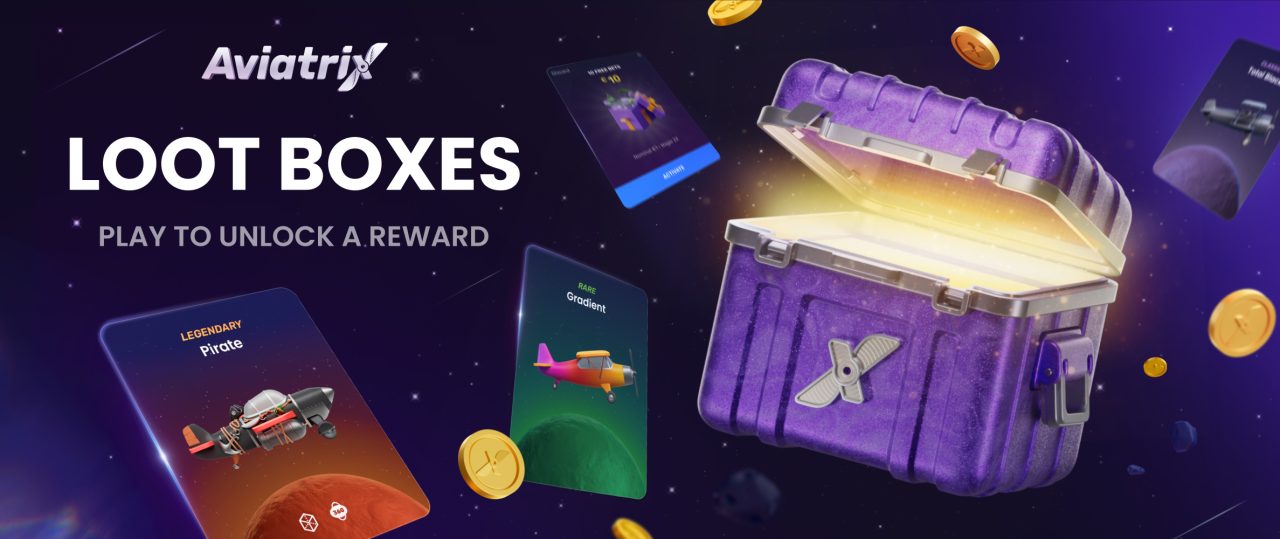
Aviatrix has launched a new Loot Box feature for its premier crash game, presenting collectible rewards, free bets, and progression bonuses aimed at boosting long-term player engagement.
Loot Boxes are granted through a daily rewards mechanism, with players obtaining them according to their in-game actions and advancement. Every box holds a variety of rewards, such as aircraft skins, complimentary bets, and aviation experience points.
The feature enhances Aviatrix’s developing loyalty system, providing players with fresh options to personalize their aircraft and earn rewards through continuous engagement.
Anastasia Rimskaya, Chief Account Officer at Aviatrix, said: “Loot Boxes are part of our wider vision for Aviatrix as a connected multi-game universe. As we expand our iGaming Metaverse, features like Loot Boxes add another meaningful layer to how players build their profile, customise their aircraft and earn rewards across the ecosystem.”
Unveiled in February, the Aviatrix iGaming Metaverse signifies the supplier’s shift from a standalone crash game to an integrated multi-title ecosystem.
Starting with the imminent debut of Aviatrix Second Chance and continuing with upcoming titles like Aviatrix Fruits and Aviatrix Mines, every game will utilize a single integrated player profile, progression system, and rewards and achievements framework.
The post Aviatrix Launches New Loot Boxes to Deepen Progression and Reward Paths appeared first on Eastern European Gaming | Global iGaming & Tech Intelligence Hub.
-

 Central Europe6 days ago
Central Europe6 days agoPowering the Next Generation of Online Casinos: Inside DSTGAMING’s Scalable iGaming Ecosystem
-

 Adjusted EBITDA5 days ago
Adjusted EBITDA5 days agoBragg Gaming Announces Select Preliminary Unaudited Fourth Quarter and Full Year 2025 Financial Results, and Issues Full Year 2026 Guidance
-

 Bagley-Keene Act5 days ago
Bagley-Keene Act5 days agoCalifornia Gambling Control Commission Issues Critical Guidance on Stakeholder Communications and Ex Parte Rules
-

 Alberta iGaming Corporation7 days ago
Alberta iGaming Corporation7 days agoAlberta iGaming Corporation Partners with Responsible Gambling Council
-

 Habanero7 days ago
Habanero7 days agoRacing Royalty — Habanero’s High-Speed Hold-and-Ride Thrill
-

 BGaming7 days ago
BGaming7 days agoBrace for Impact — BGaming’s Rocket Eruption: Triple Blast
-

 iGaming4 days ago
iGaming4 days agoPRAGMATIC PLAY UNEARTHS PROGRESSIVE MULTIPLIERS IN ROLLING IN TREASURES
-

 2026 betting analysis7 days ago
2026 betting analysis7 days agoArizona Department of Gaming Releases December Sports Betting Figures






